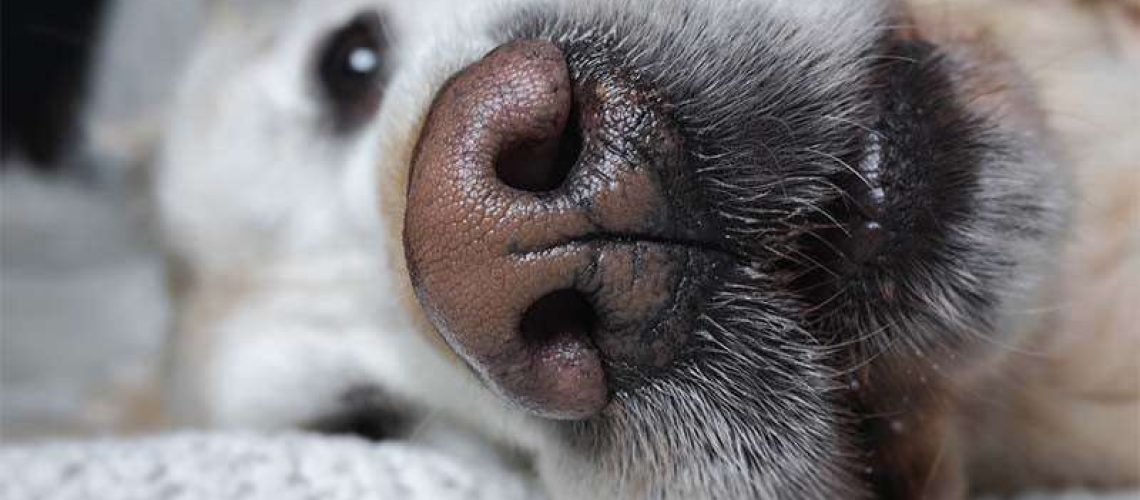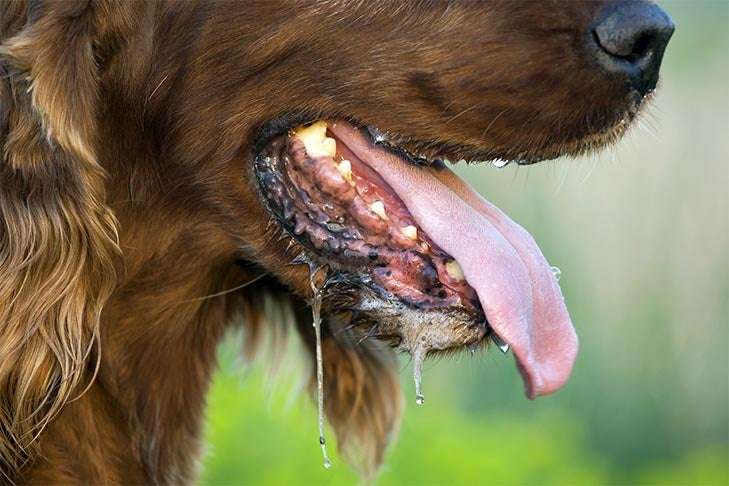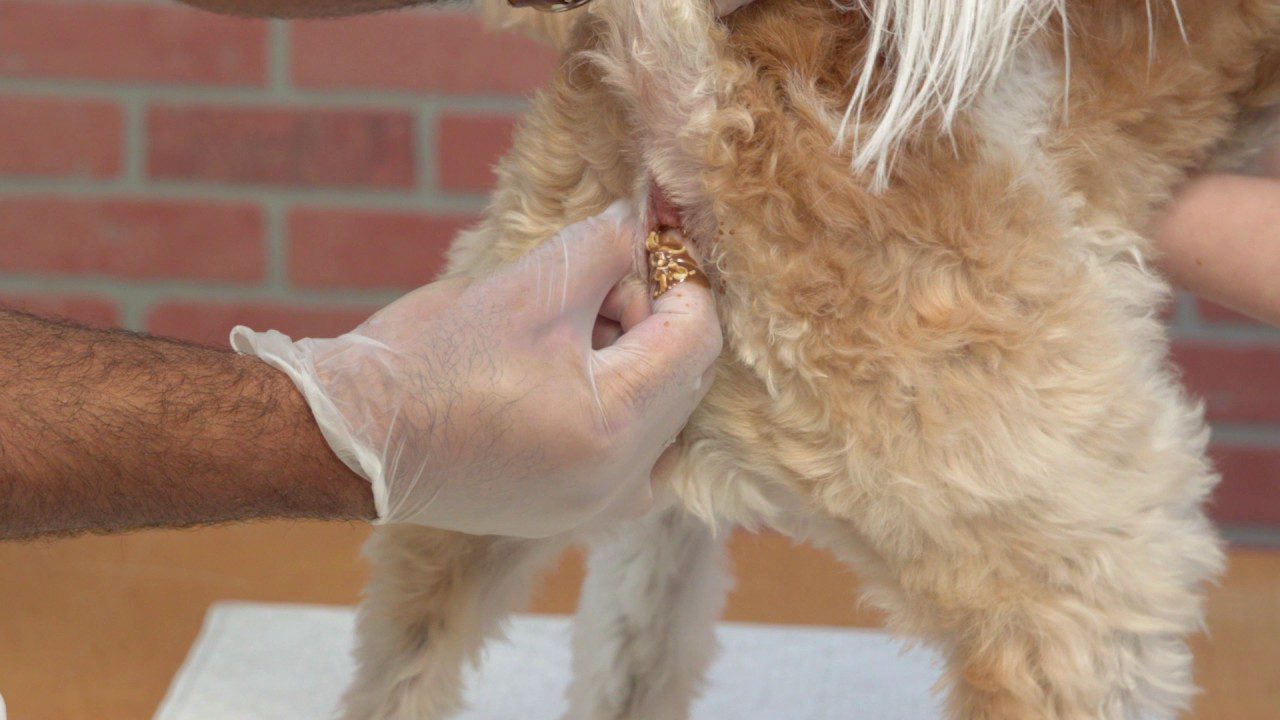Key Takeaways:
- Dog noses are wet because they secrete a thin layer of mucus that helps them absorb scent particles from the air.
- The moisture on a dog's nose also helps to keep it cool, as dogs do not have sweat glands like humans do.
- A cold nose is not always an indication of illness in dogs; it is normal for their noses to vary in temperature throughout the day.
- Dogs use their noses for various purposes, including communicating with other dogs and detecting changes in their environment.
- Regularly checking your dog's nose for any abnormalities, such as dryness or excessive discharge, can help detect potential health issues early on.
Have you ever wondered why your dog's nose is always wet and cold? It may seem like a small detail, but understanding the reason behind this peculiar trait can actually provide valuable insights into your furry friend's health and well-being. By exploring the science behind dog noses, we can uncover fascinating facts that will not only deepen our bond with our pets but also help us better care for them. So, let's dive into the world of wet and cold dog noses and discover the secrets they hold!
Why are Dog Noses Wet and Cold?
Dog noses are unique because they are usually wet and cold. Have you ever wondered why? Well, it turns out that dogs have a special gland called the nasal gland that produces a clear fluid to keep their noses moist. This moisture helps them pick up scents more effectively. The coolness of their nose is due to the fact that dogs have a higher body temperature than humans, so their noses naturally feel colder to us.
The Unique Features of a Dog's Nose
A dog's nose is not just wet and cold, but it also has some other interesting features. For example, did you know that dogs have something called "olfactory slits" on each side of their nose? These slits help them separate different smells and analyze them individually. Additionally, dogs have up to 300 million scent receptors in their noses, compared to only 6 million in humans! This makes their sense of smell incredibly powerful and allows them to detect things we could never even imagine.
List of Unique Features:
- Nasal gland producing moisture
- Olfactory slits for analyzing smells
- Up to 300 million scent receptors
How Does a Wet Nose Help Dogs Smell Better?
A wet nose helps dogs smell better because the moisture on their nose traps odor molecules in the air. When a dog sniffs something, the odor molecules stick to the wet surface of their nose, allowing them to analyze the scent more effectively. Think of it like how sticky notes can hold onto things – a wet nose acts as a sticky surface for odors!
Not only does a wet nose help dogs capture scents, but it also enhances their ability to determine the direction from which a scent is coming. The moisture on their nose helps them detect air currents, allowing them to follow a scent trail with precision.
Do All Dogs Have Wet and Cold Noses?
While most dogs have wet and cold noses, there can be variations. For example, some dogs may have drier noses due to factors like dehydration, weather conditions, or certain health issues. However, even if a dog's nose is dry at times, it doesn't mean they have a problem. As long as the dog is healthy overall and shows no signs of discomfort or illness, a dry nose is usually nothing to worry about.
Keeping a Dog's Nose Moist and Cool
If you want to help keep your dog's nose moist and cool, there are a few things you can do. One simple way is to make sure your dog always has access to fresh water. Staying hydrated will help maintain the moisture in their nasal glands. You can also use pet-safe moisturizing balms specifically designed for dogs' noses to keep them from drying out in extreme weather conditions.
Another way to keep your dog's nose cool is by providing shade and avoiding direct sunlight during hot days. Dogs can easily overheat, so keeping them in a cool environment will prevent their noses from getting too warm.
Does a Dog's Nose Temperature Change with Health or Mood?
A dog's nose temperature can vary slightly depending on their overall health or mood. When a dog is sick or not feeling well, their body temperature may rise slightly, which could make their nose feel warmer than usual. Similarly, if a dog is stressed or anxious, their blood vessels might constrict, causing their nose to feel colder than normal.
However, it's essential to remember that a dog's nose temperature alone is not an accurate indicator of their health. If you suspect your dog is unwell, it's best to consult with a veterinarian who can provide a proper diagnosis based on various factors.
Does a Dog's Nose Temperature Change with Health or Mood?
The Relationship Between a Dog's Nose Temperature and Health
A dog's nose temperature can provide valuable insights into their overall health. When a dog is healthy, their nose is typically cool and moist. This is because dogs have a special gland in their nose that produces mucus to keep it hydrated. However, if a dog's nose feels warm or dry, it could be an indication of an underlying health issue. For example, a fever or infection may cause the nose to become hot and dry. It is important for pet owners to monitor their dog's nose temperature regularly and consult with a veterinarian if any abnormalities are noticed.
The Connection Between a Dog's Nose Temperature and Mood
While there is no direct correlation between a dog's nose temperature and their mood, changes in temperature can sometimes indicate emotional distress. Dogs are highly sensitive animals and may experience fluctuations in body temperature when they are stressed, anxious, or excited. These changes are usually temporary and should not be cause for concern unless accompanied by other signs of distress such as excessive panting or aggression. It is crucial for pet owners to pay attention to their dog's behavior and seek professional advice if they suspect any emotional issues.
Factors That Can Influence a Dog's Nose Temperature
Several factors can affect a dog's nose temperature, including:
1. Environmental conditions: Extreme weather conditions like heatwaves or cold temperatures can impact the temperature of a dog's nose.
2. Physical activity: Engaging in strenuous exercise or play can temporarily raise the nose temperature due to increased blood flow.
3. Stress levels: Dogs experiencing stress or anxiety may exhibit changes in body temperature, including the nose.
4. Breed differences: Certain breeds have naturally warmer or cooler noses compared to others.
It is important to note that while a dog's nose temperature can provide some insights, it should not be the sole indicator of their health or mood. Regular veterinary check-ups and observing overall behavior are essential for ensuring the well-being of our furry friends.
In conclusion, dog noses are wet and cold because they have a special mucus that helps them smell better. The moisture on their nose also helps them cool down and stay hydrated.
Does a cold wet nose mean a dog is healthy?
It is common for dogs to have wet noses, but a dry nose does not necessarily indicate abnormality. While many people believe that a healthy dog has a cool and moist nose, and a sick dog has a warm and dry one, this is not always the case. The temperature and moistness of a dog's nose are not reliable indicators of their overall health.
What does a cold wet nose mean on a dog?
Dogs lick their noses to keep them moist because it improves their ability to smell things. A wet nose helps capture scent particles and enables dogs to better determine the source and strength of a smell. However, the moisture on their nose is not solely internal, as dogs actively lick their noses to keep them wet.
Should a dogs nose be warm or cold?
A normal and healthy dog should have a cold and moist nose, without excessive dripping or any discharge from the nostrils. If your dog's nose feels warm, it could indicate a fever or infection.
Is a wet dog's nose good or bad?
It is completely normal and very beneficial for a dog's nose to be wet and cold. A moist snout helps dogs use their sense of smell to navigate the world and also helps regulate their body temperature. However, a dry nose can also indicate good health.
What does it mean when a dog licks you?
Licking is an innate behavior for dogs that serves multiple purposes, such as grooming, bonding, and self-expression. Your dog may lick you as a sign of affection, to seek your attention, to alleviate their own stress, to show empathy, or simply because they find your taste appealing.
Does a wet nose mean a dog is dehydrated?
A moist nose indicates that your dog is properly hydrated and in good health. It also aids in their ability to smell objects and individuals, as well as regulate their body temperature. However, if your dog has a dry nose, it could be a result of dehydration, excessive physical exertion, or sunburn.

















